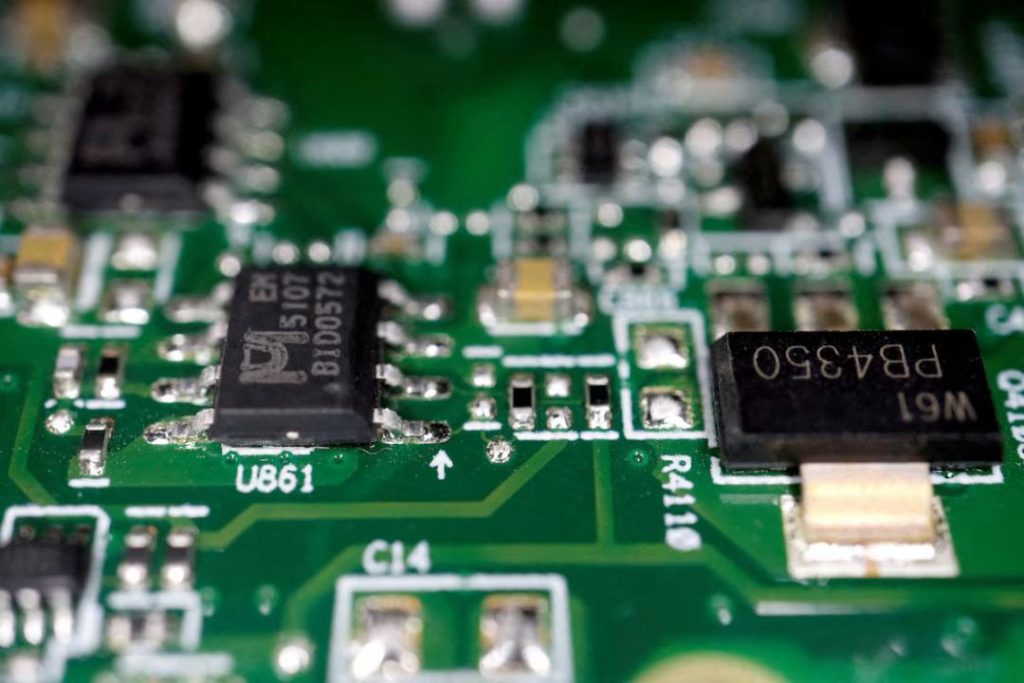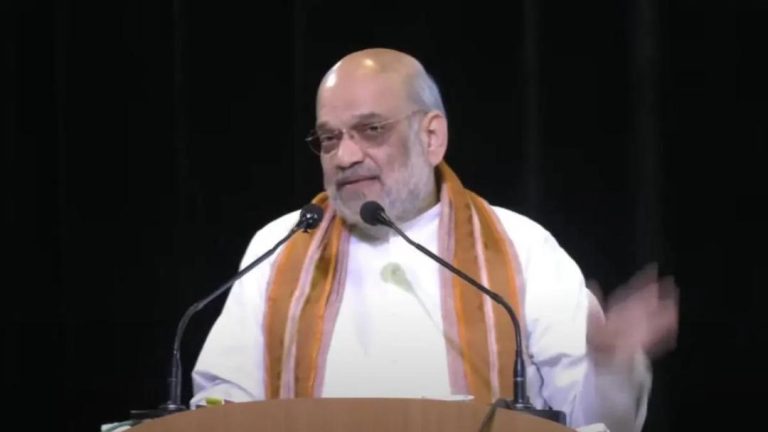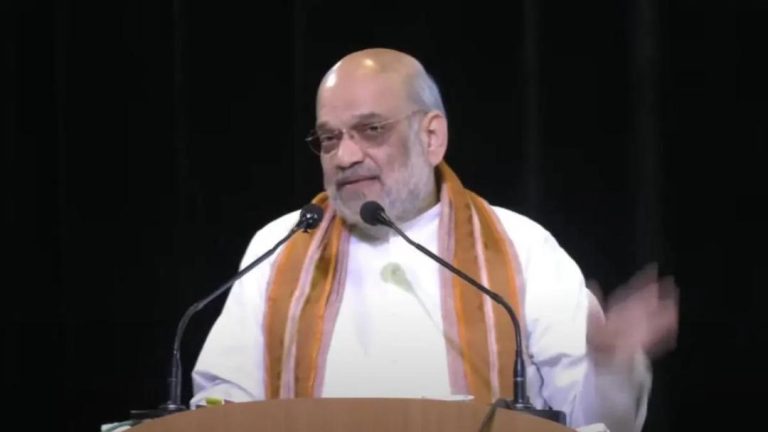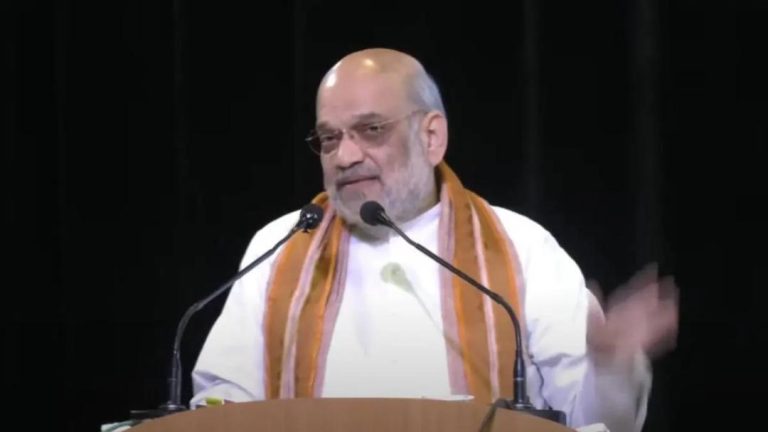
Title: No Need for One Country to Control Chip Industry: Taiwan Official after Trump’s Criticism
Recently, the global chip industry has been making headlines, with US President Donald Trump criticizing Taiwan’s dominance in the sector. In response to Trump’s comments, Wu Cheng-wen, the head of Taiwan’s National Science and Technology Council, has spoken out, stating that there is no need for one country to control the semiconductor industry. According to Wu, the industry is complex and requires a division of labor.
Taiwan’s success in the chip industry is no accident. The country has invested decades of hard work and dedication to achieve its current level of expertise. Wu emphasized that Taiwan’s achievement is the result of half a century of continuous investment and innovation. The country’s chip industry is a testament to its ability to adapt and evolve, as well as its commitment to research and development.
Trump’s criticism of Taiwan’s chip industry is likely a response to the country’s growing influence in the sector. Taiwan is home to several major chip manufacturers, including Taiwan Semiconductor Manufacturing Co. (TSMC) and United Microelectronics Corp. (UMC). These companies have been major players in the global chip industry for decades, providing critical components for a wide range of electronic devices.
However, the US is also home to several major chip manufacturers, including Intel and Advanced Micro Devices (AMD). These companies have been major players in the industry for decades, and are known for their innovative products and cutting-edge technology.
Despite Taiwan’s success in the chip industry, the country is not immune to challenges. The industry is constantly evolving, with new technologies and innovations emerging all the time. Taiwan must continue to invest in research and development, as well as adapt to changing market conditions, in order to remain competitive.
In addition to the challenges posed by the rapidly changing industry, Taiwan also faces competition from other countries. China, in particular, has been investing heavily in its chip industry, with the goal of becoming a major player in the sector. This has led to concerns about the potential for China to dominate the industry, and the impact this could have on Taiwan’s chip industry.
However, Wu is confident that Taiwan can continue to thrive in the chip industry, even in the face of competition from other countries. According to Wu, Taiwan’s success is due to its unique combination of talent, innovation, and investment. The country has a highly skilled workforce, with many engineers and scientists who have been trained in the US and other countries.
In addition to its talent, Taiwan also has a strong culture of innovation, with many companies investing heavily in research and development. This has led to the development of new technologies and products, which have helped Taiwan to stay ahead of the competition.
Finally, Taiwan has a strong commitment to investment, with many companies and government agencies investing heavily in the chip industry. This has helped to drive growth and innovation, and has enabled Taiwan to maintain its position as a major player in the sector.
In conclusion, Taiwan’s success in the chip industry is a testament to its ability to adapt and evolve, as well as its commitment to research and development. While the industry is complex and requires a division of labor, there is no need for one country to control the sector. Taiwan’s achievements are the result of half a century of hard work and dedication, and the country is well-positioned to continue thriving in the industry for years to come.
News Source:
https://www.reuters.com/technology/no-need-one-country-control-chip-industry-taiwan-official-says-2025-02-15/






